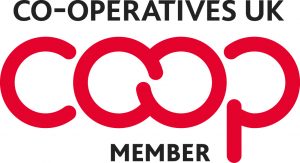I have just read the memoir of Michael Hayden, USAF General and former head of both NSA and CIA. The book is interesting and mostly well-written. It appears, as much as such a memoir could be, honest and truthful.
The torture of detainees undertaken by CIA personnel took place before Hayden was Director, so he could absolve himself of it completely. But, as he did while Director and subsequently, he defends strongly and bravely his CIA staff, who acted under what they believed were legal orders and within what they believed to be constitutional limits. This defence is admirable.
How one could imagine that torture would be legal under a constitution which prohibits cruel or unusual punishments remains one of the great mysteries of our age. Hayden, however, also defends the torture itself. He does so on grounds of effectiveness, grounds which are demonstrably, and which have repeatedly been demonstrated to be, spurious. It is no good Hayden, or any other official paid by the public purse, saying “trust me, I know”. We live in a democracy, and we need, we citizens ourselves, to see the evidence. It has not ever been provided, at least not definitively and uncontestably.
Such a defence is essentially that the end justifies the means. As a Roman Catholic, Hayden should appreciate the counter-argument that rebuts this defence: that certain means may vitiate, or irredeemably taint, the ends. So, even if using torture were to be more effective than not using it, we still should not use it. We should not because torture is contrary to our values as a humane, civilized, society, respectful of human dignity, and because using it undermines any claims we may have to moral superiority over our terrorist enemy.
Like players cheating in sports, support for torture shows what sort of person you are, and what values you consider important. Hayden seems like an intelligent, thoughtful, and humane person, so it is a great pity that he, and others in the Bush 43 administration, came to view torture as acceptable. Not everyone in CIA thought so, which was, indeed, how we citizens came to learn about the secret detention camps and the torture in the first place.
Reference:
Michael V Hayden [2016]: Playing to the Edge: American Intelligence in the Age of Terror. New York: Penguin Press.
